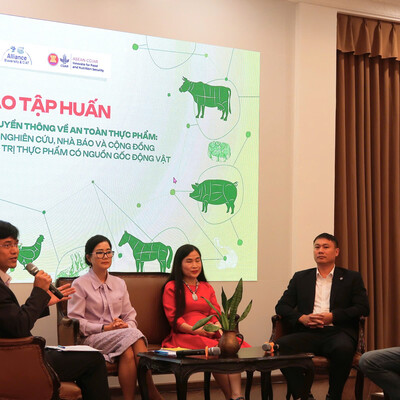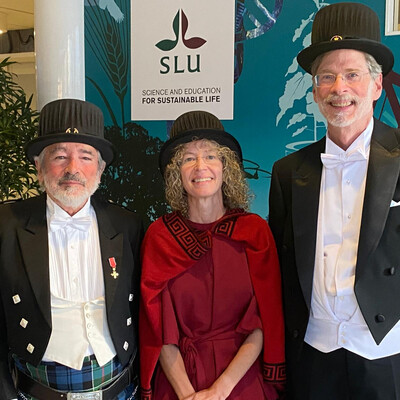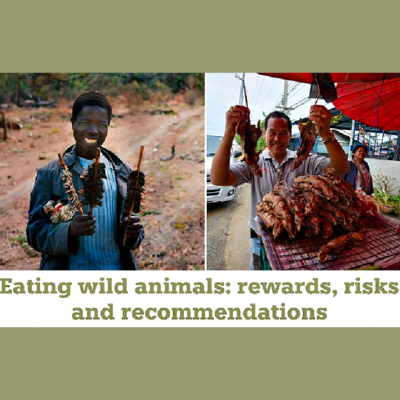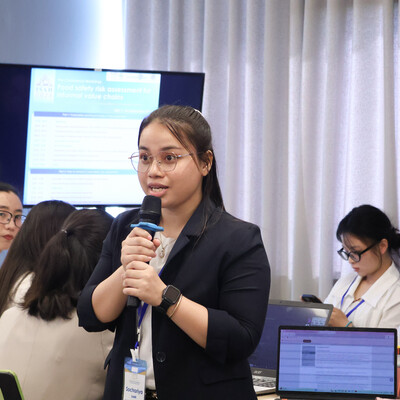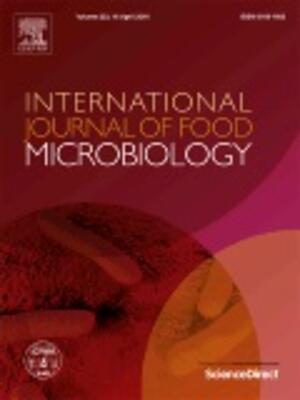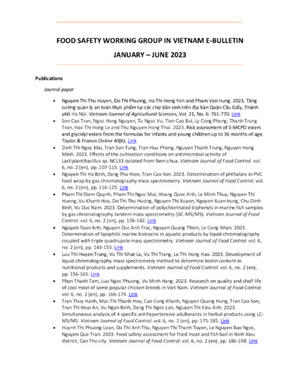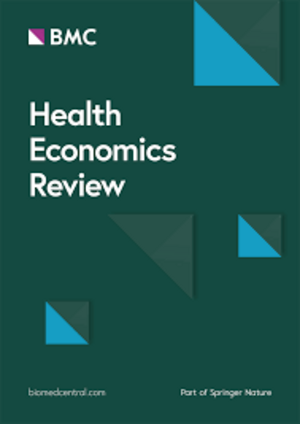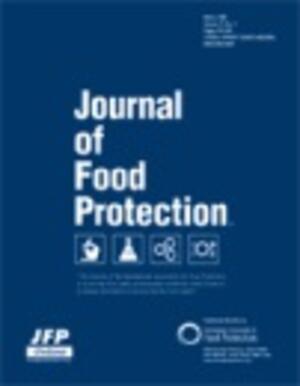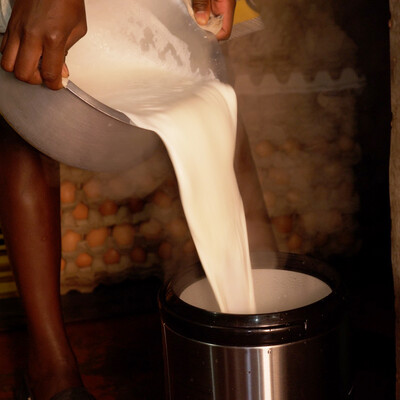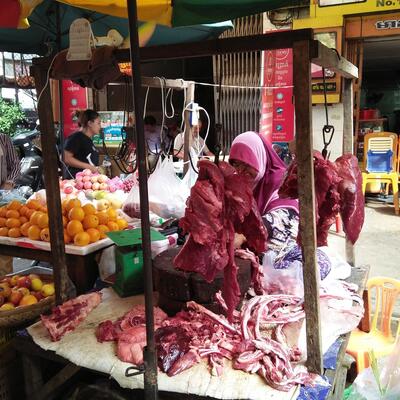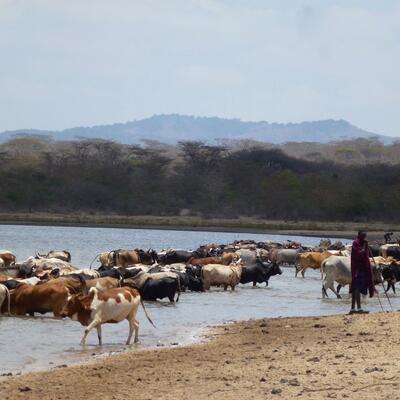
ILRI highlights One Health and climate-smart livestock systems at the 3rd GMS Agriculture Ministers' Meeting in Kunming, China
The 3rd GMS Agriculture Ministers’ Meeting, organized from 19–22 November 2024, in Kunming, China, brought together key stakeholders from across the Greater Mekong Subregion (GMS) to discuss the transformation of agrifood systems for resilience and sustainability. This event served as a platform for governments, development partners, and organizations to exchange innovative solutions and strategies to address the challenges of sustainable agriculture. The meeting included a series of international workshops, technical sessions, and high-level ministerial dialogues, fostering collaboration and knowledge sharing among stakeholders.
International Livestock Research Institute (ILRI) representatives attended various meetings showcasing its expertise in sustainable livestock systems, livestock health and cross-border trade, One Health approaches, and climate-smart innovations. ILRI contributed to various technical sessions and panel discussions, underscoring its commitment to addressing key challenges in the GMS region, including zoonotic diseases, antimicrobial resistance (AMR), and the impacts of climate change on livestock systems.
On 20 November ILRI co-hosted a key technical session on ‘Climate-Smart Livestock Systems and One Health’ in collaboration with the World Organisation for Animal Health (WOAH). Moderated by Fred Unger, ILRI regional representative for ILRI Asia, the session brought together leading experts from Thailand, Vietnam, WOAH, FAO, and ADB, as well as Isabelle Baltenweck, ILRI’s program leader. This session provided a comprehensive overview of the challenges and opportunities in integrating climate-smart and One Health approaches into livestock value chains.
In her presentation, Isabelle Baltenweck emphasized the important role of livestock in the economies, livelihoods, and food systems of low- and middle-income countries (LMICs), particularly in the GMS. She highlighted how livestock systems, when supported by research-driven innovations, can be transformed into more equitable and climate-resilient models. She showcased ILRI’s work on developing heat-tolerant livestock breeds, improving animal health services, and enhancing food safety systems. Drawing from ILRI’s projects in Vietnam and Asia, she presented practical solutions such as feed innovations, improved manure management practices, and capacity building programs for smallholder farmers. She also underscored the importance of involving women and marginalized groups in livestock development to ensure inclusive and sustainable growth.
Bolortuya Purevsuren from WOAH presented the key animal health challenges along the livestock value chain in GMS countries. She discussed the current situation of major transboundary animal diseases, such as African Swine Fever, Foot and Mouth Disease, and Lumpy Skin Disease, along with available control options, strategies, and campaigns. Additionally, she highlighted opportunities to address these challenges, including strengthening veterinary services, conducting regional animal movement studies, establishing control zones, and implementing cost-sharing mechanisms.
Fred Unger’s presentation provided an insight on the practical implementation of One Health strategies in the GMS region. He shared examples of ILRI’s collaborative work with governments, international organizations, and local partners to strengthen animal health systems and reduce the risk of zoonotic diseases. He highlighted the success of ICT-based health surveillance systems, which improve disease detection and response capabilities, as well as community-based interventions to reduce antibiotic misuse in livestock production. He also addressed challenges such as the scalability of proven interventions and the need for domestic investment in One Health initiatives. He called for stronger national coordination mechanisms and regional partnerships to address AMR and food safety issues.
The presentations from ILRI not only provided a detailed roadmap for integrating One Health and climate-smart principles into agrifood systems but also underscored the organization’s role as a key partner in driving sustainable agricultural development in the GMS.
Panelists in the ILRI-WOAH session discussed the challenges and opportunities from a One Health and climate-smart livestock systems perspective. They emphasized the need for investments to support interdisciplinary approaches in addressing these challenges effectively.
The session was supported by the ASEAN-CGIAR Innovate for Food and Nutrition Security Regional Program.
The event concluded on 22 November with a high-level ministerial meeting, where representatives from GMS countries endorsed the 2030 Kunming Strategic Framework for the Transformation of Agrifood Systems. Unger and Baltenweck represented ILRI during this session, reinforcing the organization’s commitment to fostering resilient and inclusive agrifood systems.






